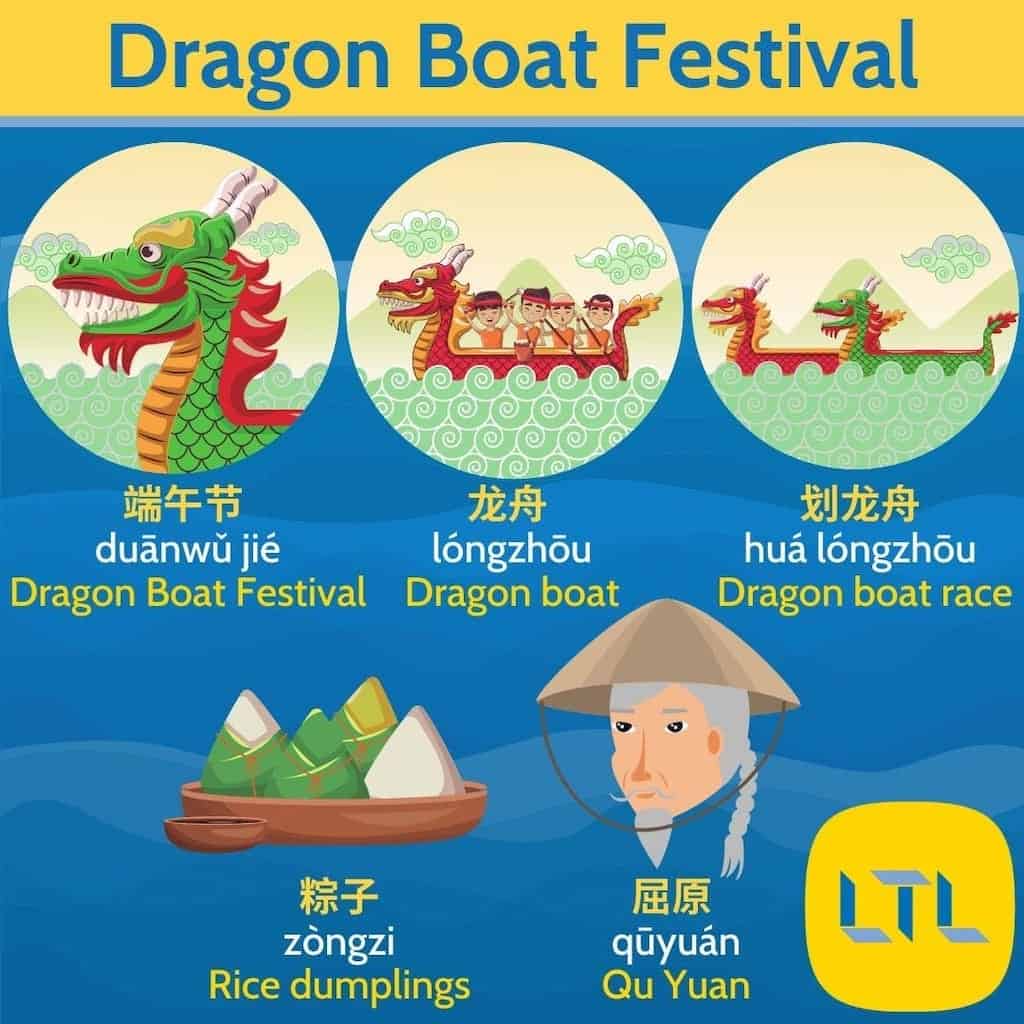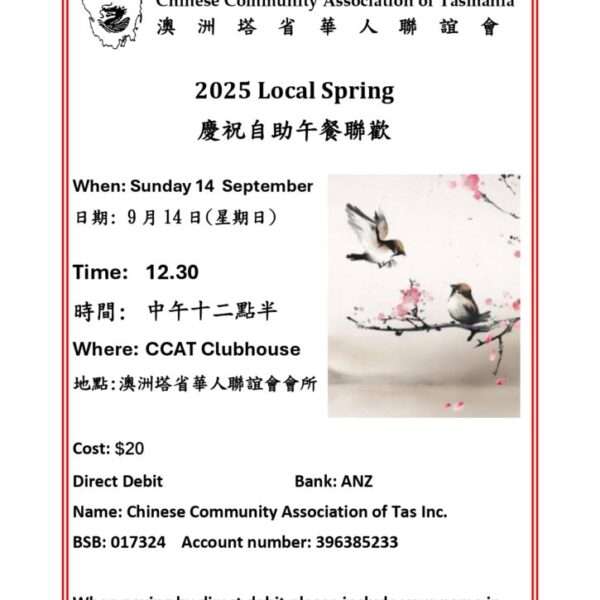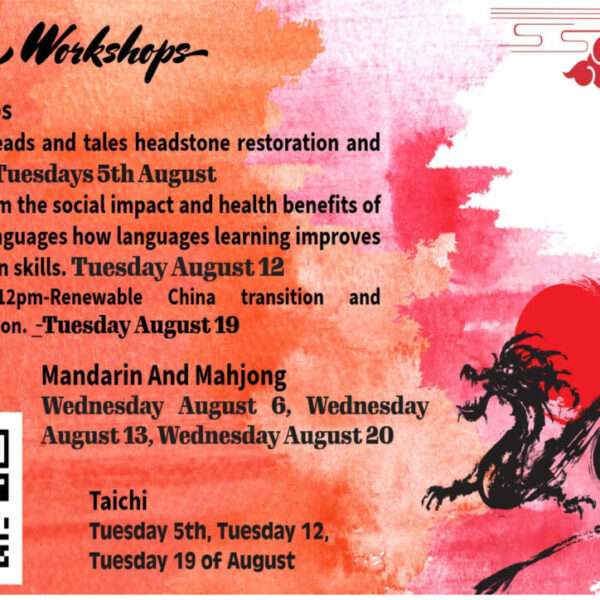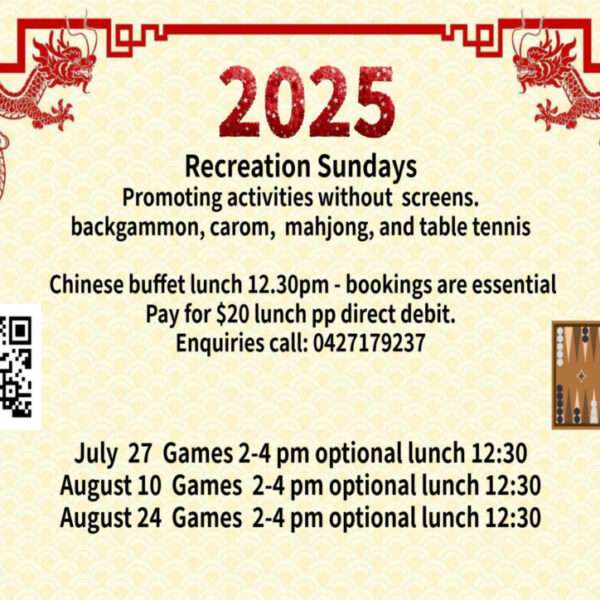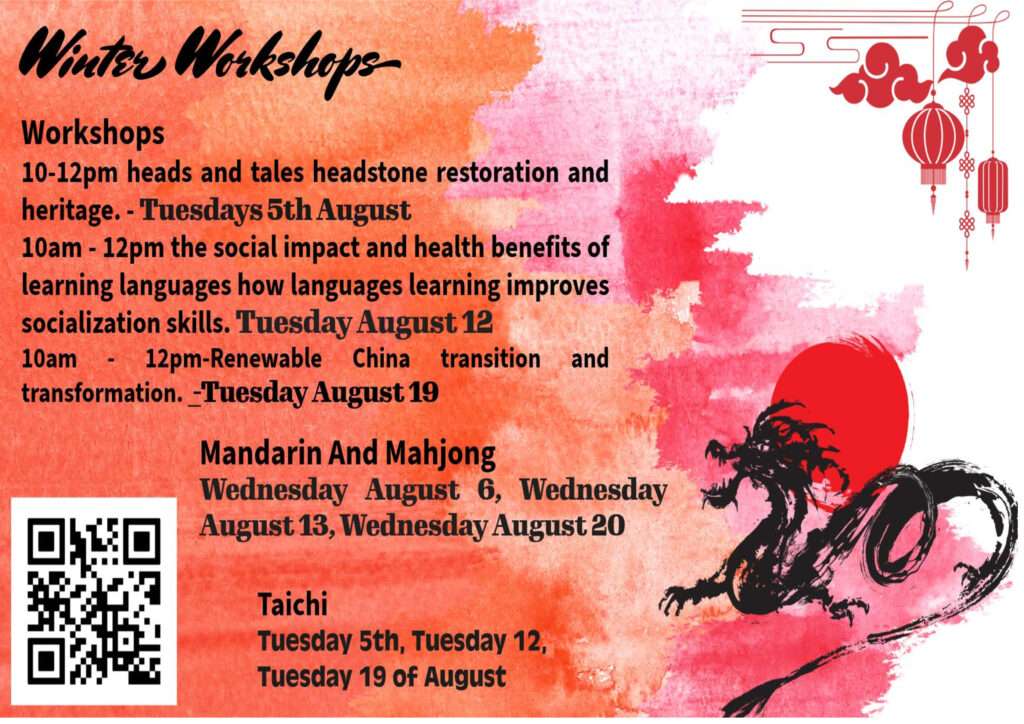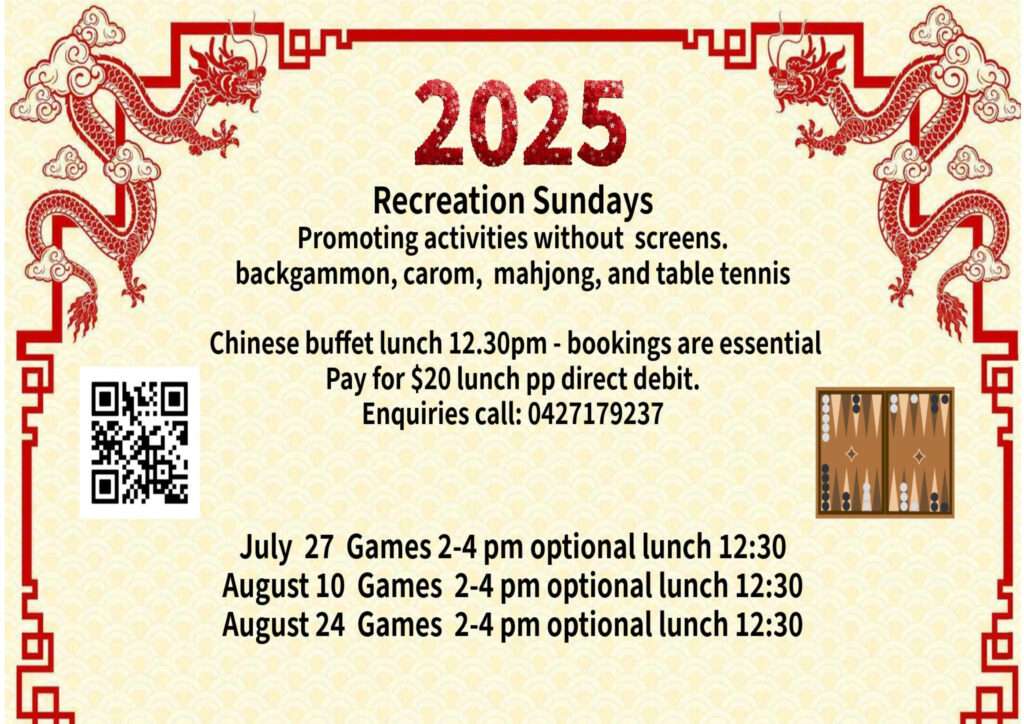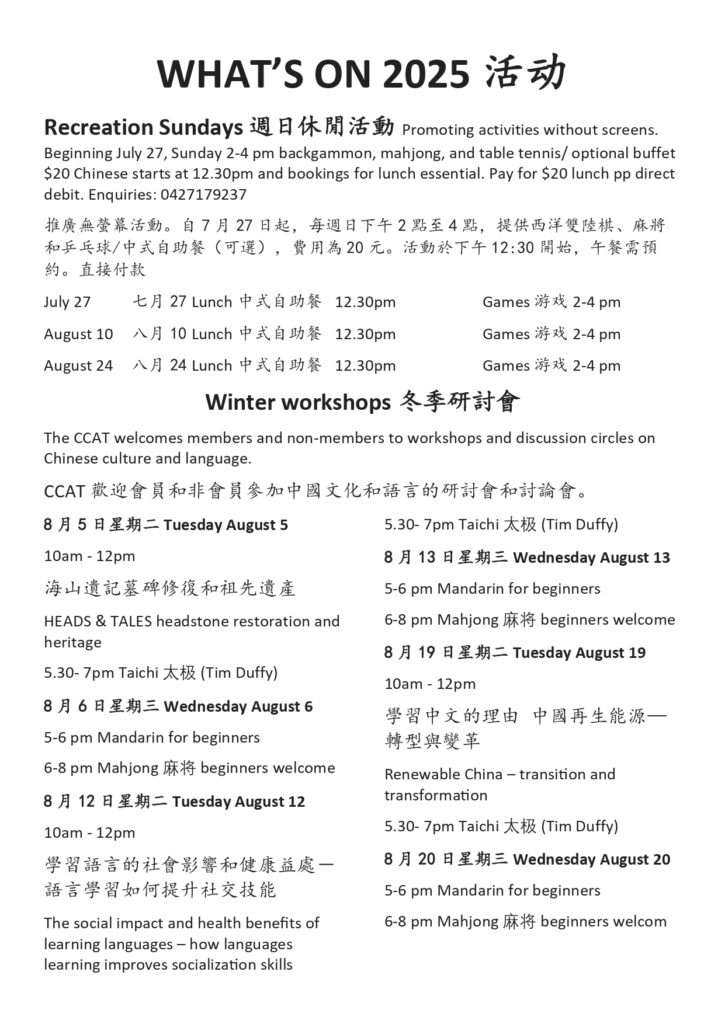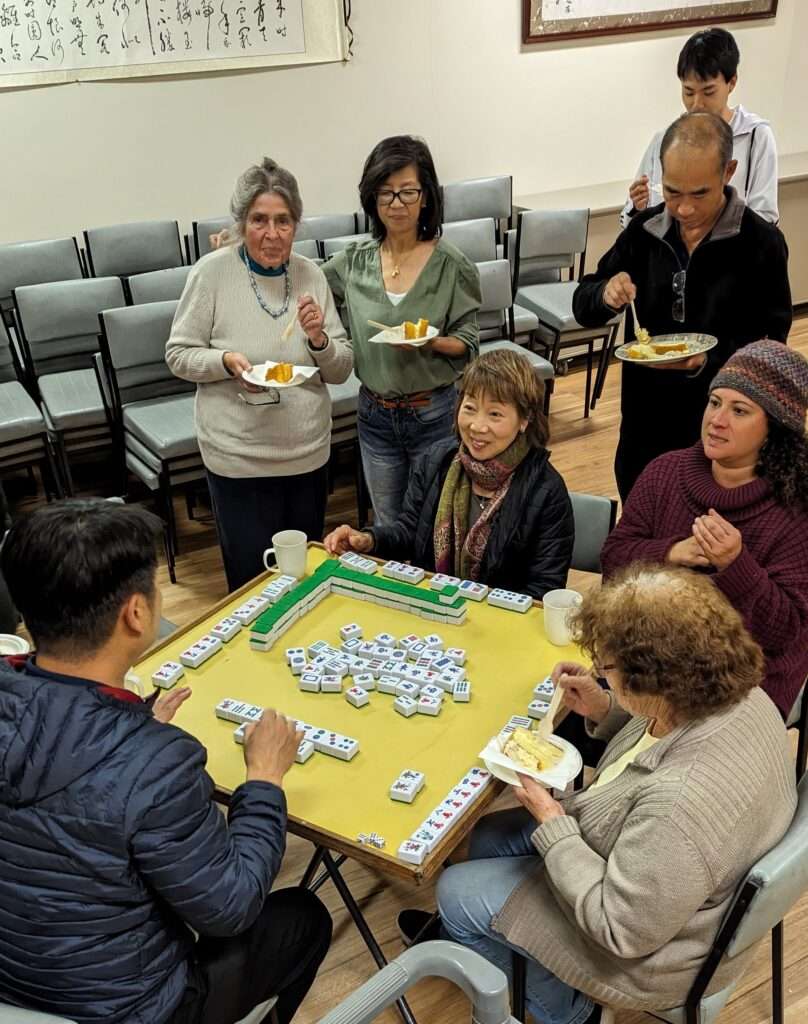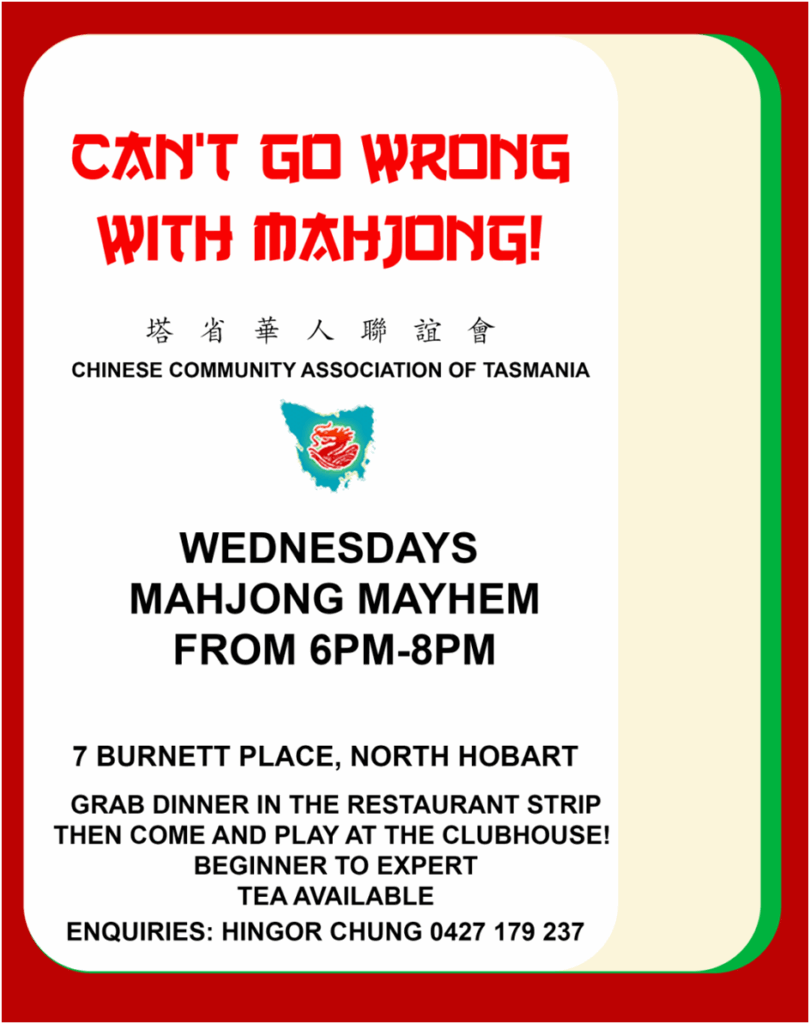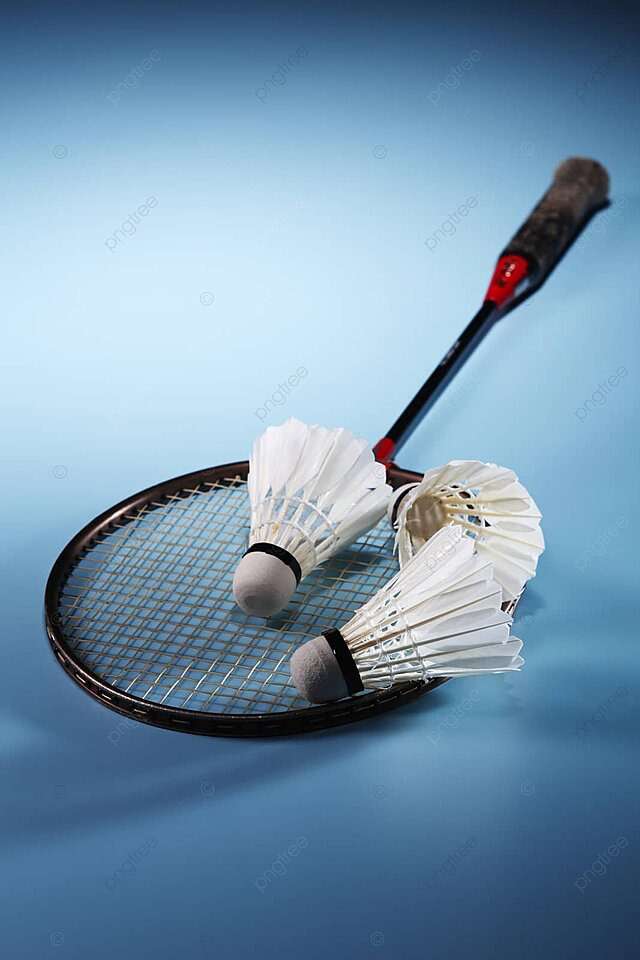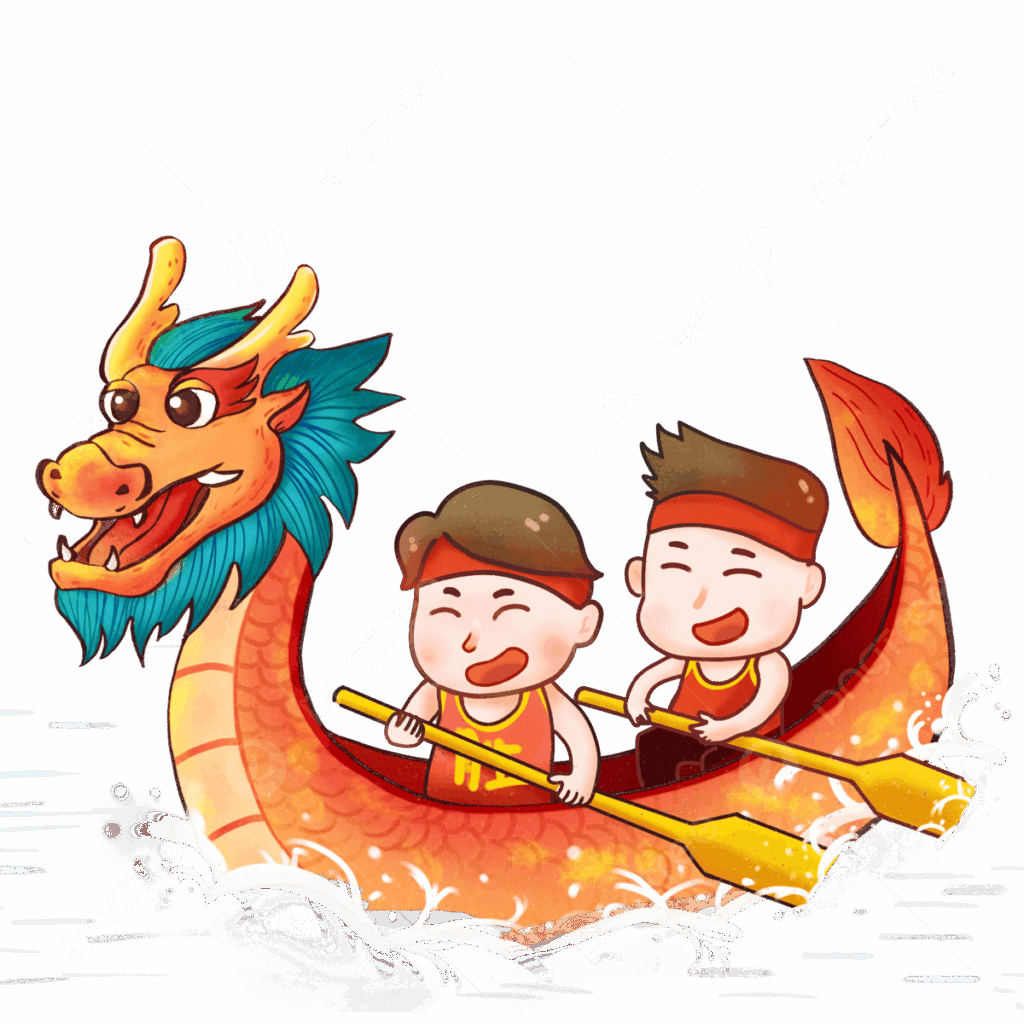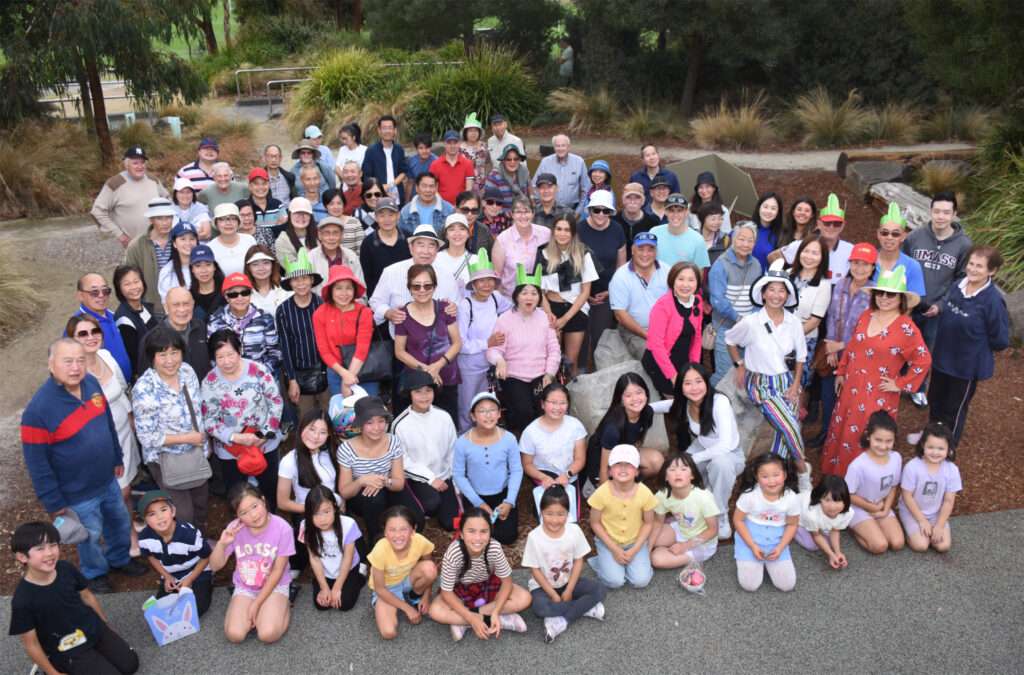Dragon Boat Festival
The fifth lunar month is a traditional folk festival of China – the Dragon Boat Festival. It is one of the ancient traditional festivals of the Chinese nation. Duanwu also known as the end of five, Duanyang. In addition, the Dragon Boat Festival also has many other names, such as: Midday Festival, weigh five, May Festival, Bathing Lantern Festival, Daughter’s Day, Day of the Mid-Autumn Festival, Earth La, Poet Day, Dragon Day and so on. Although the names are different, on the whole, the customs of the people around the country are still different.
Over the Dragon Boat Festival, is the traditional habit of the Chinese people for more than 2,000 years. Due to its vast geographical area, numerous nationalities, and many stories and legends, it has not only produced many different festival names, but also has different customs everywhere. The main contents are: daughter back to her parents’ home, hanging bells like a statue, welcome ghost ships, escape the afternoon, sign post breaks, hang calamus, wormwood, travel sick, sachet, prepared for safaris, dragon boat racing, contest, batting Swinging, giving children a realgar, drinking realgar wine, sirup wine, eating five poisonous cakes, salted eggs, medlars and seasonal fresh fruits, etc., except for the disappearance of activities with superstitious colors, the rest have so far spread to all parts of China and neighboring countries. Some activities, such as dragon boat racing, have achieved new developments, breaking through time and geographical boundaries and becoming international sports events.
There are many arguments about the origin of the Dragon Boat Festival, such as: commemorating Qu Yuan, commemorating Wu Zixuan, commemorating Cao Yu, beginning with the three-generation Summer Solstice Festival, evil days repelling evil days, and Wu Yueís national totem sacrifice. Each of the above said, its own source. According to scholars Wen Yiduo’s “Dragon Boat Exam” and “The Dragon Boat Festival History Education” listed more than a hundred ancient records and expert archaeological research, the origin of the Dragon Boat Festival is a festival of totem sacrifices held by Wu and Yue peoples in the ancient South of China, earlier than Qu Yuan. . However, for thousands of years, Qu Yuanís patriotism and touching poetry have been deeply rooted in the hearts of the people. Therefore, people ìcherish and mourn for the past and use the word to tell the truth.î Therefore, to commemorate the theory of Qu Yuan, the most influential, Occupy the mainstream. In the field of folk culture, the Chinese people linked the dragon boat race on Dragon Boat Festival and eating dumplings to the memorial of Qu Yuan.
Today, the Dragon Boat Festival is still a very popular celebration event among the Chinese people.
Origin and legend
The Dragon Boat Festival is an ancient traditional festival that began in the Spring, Autumn and Warring States period in China. It has been more than 2,000 years old. The origin and legend of the Dragon Boat Festival are many. Here are only the following four:
Originated from commemorating Qu Yuan
According to “Historical Records”, “Qu Yuan Jia Sheng Biography” records, Qu Yuan, is the Minister of Chu Huai Wang in the Spring and Autumn Period. He advocated the ability to promote talents, rich countries and strong soldiers, and advocated joining forces against the Qin. He was met with strong opposition from nobles such as Zilan. Qu Yuan was reeled from his post and was expelled from the capital and exiled to the Yi and Xiang Rivers. In his exile, he wrote immortal poems such as “Lisao”, “Heaven” and “Nine Songs” that worried about the country and the people. It has unique style and profound influence (thus, the Dragon Boat Festival is also called Poet’s Day). In 278 B.C., the Qin Army conquered the capital of Chu. Qu Yuan saw his countryís invasion of the motherland as heartbroken, but he could not bear to abandon his country. On May 5th, after writing the best book ìHuai Shaî, the bouldering stone was cast and killed by Luo Jiang to his own life. Wrote a magnificent patriotic movement.
Legend has it that after the death of Qu Yuan, the people of Chu were sorrowful that they flocked to the Jurassic River to pay homage to Qu Yuan. The fishermen rowed their boats and salvaged his real body on the river. One fisherman took out rice balls, eggs and other food prepared for Qu Yuan, and threw them into the river in a ìflop, splashî place. He said that if the lobster crabs were eaten, they would not bite the doctor’s body. After people saw it, they followed suit. An old doctor took an altar of yellow wine and poured it into the river. He said that the medicine should be used to faint the dragon, so as not to harm Dr. Qu. Later, for the fear that rice balls were eaten by the dragons, people came up with eucalyptus leaves wrapped in rice, wrapped in colored silk, and developed into browns.
Later, in the fifth and fifth of May every year, there will be dragon boat racing, eating rice dumplings and drinking yellow wine, in order to commemorate the patriotic poet Qu Yuan.
Originated from the memorial of Wu Ziqi
The second legend of the Dragon Boat Festival was widely spread in Jiangsu and Zhejiang. It was Wu Zixuan who commemorated the Spring and Autumn period (770 BC – 476 BC). Wu Zizhao, Chu, and his father and brother were killed by the king. Later, he abandoned the dark cast and went to Wu to help Wu Chuchu. He entered the Chudu city in five battles. At that time, the king of Chuping was dead, and the son excavated the grave and destroyed 300 dead bodies to kill his father and brother. After King Wuís death, his son-in-law was succeeded. Wu Junís morale was high, his battles were victorious, his countryís defeat was great, Yue Wangís practice practiced with him, and his husbandís difference promised him. Zizi suggested that the country should be eliminated completely, the husbandís poor did not listen, the Wu country was slaughtered, and the countryís bribery was cheated. The rumors were plunged into misfortunes. The son is Zhongliang, who looks dead and says to the neighbors before he dies: “After my death, I dig my eyes and hang them on the eastern gate of Wu Jing to see the troops of the Vietnamese troops entering the city and destroy Wu.” Then I die and die. The fury was heard and the body of the child was taken into leather and put into the river on May 5th. Therefore, it is said that the Dragon Boat Festival is also to commemorate the day of Wu Zikai.
Originated from commemorating filial piety Cao Yu
The third legend of the Dragon Boat Festival is to commemorate the Eastern Han Dynasty (AD 23–220) and the filial daughter Cao Yu saved the father and cast the river. Cao Yong was a captain of the Eastern Han Dynasty. His father was squatting in the middle of the river and had not seen the body for several days. At that time, the filial daughter Cao Yongnian was only 14 years old and was crying along the Yangtze River on a day and night. Seventeen days later, Jiang was also voted on May 5 and the fatherís body was taken out after five days. This was passed down as a myth, and it was handed down to the governor of the prefecture, which made it a monument and made his disciples sing praises.
Cao Yu’s tomb of filial daughter, in Shaoxing, Zhejiang Province, Cao Yu’s monument is said to be Jin Wangyi’s book. Later, in order to commemorate Cao Yuís filial piety, Cao Yumiao was built at the place where Cao Yu made a visit to Jiang. The village she resided in was renamed Cao Yu Town, and Cao Yuís place was named Cao Yujiang.
From ancient Yue nationality totem festival
The large number of unearthed cultural relics and archeological studies in modern times have confirmed that in the vast area of ??the middle and lower reaches of the Yangtze River, in the Neolithic Age, there was a cultural relic that was characterized by geometrical printed pottery. The remains of the ethnic group are, according to experts, inferred to be a tribute to the dragon’s totem —- the history of the Baiyue. The ornamentation and historical legends on the unearthed pottery show that they have the custom of cutting off tattoos and living in a water village, which is a descendant of the dragon. Its production tools, a large number of stone tools, shovels, chisels and other small pieces of bronze. As a pottery jar for daily necessities, the imprinted Tao Ding cooking food is unique to them and is one of the symbols of their ethnic groups. Until the Qin and Han dynasties, there were still Baiyue people, and the Dragon Boat Festival was the festival that they founded for ancestor worship. In the thousands of years of historical development, most of the Baiyue people have been integrated into the Han nationality, and the rest have evolved into many ethnic minorities in the south. Therefore, the Dragon Boat Festival has become a festival for the entire Chinese nation.
Traditional Activities
The Dragon Boat Festival in China is more grand and the celebration activities are also varied. The more common activities are the following:
Dragon Boat Race:
Dragon boat racing is the main custom of the Dragon Boat Festival. Legend has it that in ancient times, the Chu people were reluctant to die, and the Qu Yuan died in the river. Many people rowed to chase and save. They scrambled for fear and found no trace when they went to Dongting Lake. Afterwards, dragon boats are commemorated on May 5 every year. The dragon boat is used to disperse the fish in the river so that the fish do not eat the body of Qu Yuan. The practice of racing is prevalent in Wu, Yue and Chu.
In fact, “Dragon Boat Race” had existed as early as the Warring States Period. The canoe carved into a dragon shape in the sound of drums, as a ferry game to entertain the gods and musicians, is a semi-religious and semi-recreative program in rituals.
Later, in addition to commemorating Qu Yuan, dragon boat racing also paid different meanings to people everywhere.
The dragon boat races in Jiangsu and Zhejiang Provinces also commemorate the significance of the local female modern revolutionary revolutionist Qiu Jin. On the Dragon Boat, the lanterns and lanterns are colored, and the shuttle moves between the water and the water. The scene is moving and has unique taste. The Miao people of Guizhou held the Dragon Boat Festival on May 25 to 28 in the lunar calendar to celebrate the planting victory and wishing the grain harvest. The compatriots of the Yunnan Dai nationality race in the Songkran Festival to commemorate the ancient hero Yan Hong Wo. Different nationalities and different regions have different legends. Until today, in the areas of the rivers, lakes, and seas in the south, the Dragon Boat Race with its own characteristics will be held every year.
Twenty-nine years of Qing Emperor Qianlong (1736), Taiwan began to hold a dragon boat race. At that time, Jiang Yuanjun, the prefect of Taiwan, had hosted a friendly match at the Half Moon Pond at Fahua Temple in Tainan City. Taiwan now holds a dragon boat race on May 5 every year. In Hong Kong, there are also races.
In addition, dragon boats have also been introduced into neighboring countries such as Japan, Vietnam and the United Kingdom. In 1980, Dragon Boat Racing was included in the China National Sports Competition and held the “Qu Yuan Cup” Dragon Boat Race each year. On June 16, 1991 (the fifth day of the fifth lunar month), the first International Dragon Boat Festival was held in Yueyang City, Hunan Province, the second hometown of Qu Yuan. Prior to the race, a “faucet festival” was held that preserved traditional rituals and infused new modern elements. “Leader” was carried into Quzi Temple, and after the athlete gave the leader the “Red” (red belt), the ancestors read the confession and “light” (ie, clear) the leader. Then, all the personnel who participated in the sacrifice of the dragon were sent to the dragon boat race. As many as 600,000 people participated in the competition, trade fair and party activities, which is unprecedented. Afterwards, Hunan regularly holds the International Dragon Boat Festival. Dragon boat racing will be circulated to the world.
Glutinous Rice Dumplings:
Dragon Boat Festival to eat dumplings, this is another traditional practice of the Chinese people. The crickets are also called “horns” and “tubes.” It has a long history and many kinds of tricks.
According to records, as early as the Spring and Autumn Period, the use of medlar leaves (Sui Baiye) wrapped glutinous rice into a horn-like, called “horn rake”; sealed with bamboo rice cooked baked, called “tube ?.” In the last years of the Eastern Han Dynasty, glutinous rice was soaked in grey water of vegetation. Because of the alkali in the water, the glutinous rice dumplings were packed into squares with glutinous rice and cooked to make it become alkaline alfalfa in Guangdong.
Jin Dynasty, dumplings were officially designated as the Dragon Boat Festival food. At this time, in addition to glutinous rice, the raw materials for the dumplings were also added with Chinese medicines, and the cooked dumplings were called “Zhiqi.” At the time of the Zhou Dynasty, “Yueyang Fengjiji” recorded: “Vulgar leaves are wrapped with glutinous rice, … … cook it, and combine it thoroughly. From May 5th to the summer solstice, there is a beggar and a beggar.” During the Southern and Northern Dynasties, Miscellaneous. Rice is rich in poultry, chestnut, red dates, and red beans. Zongzi also serves as a gift for engagement.
By the Tang Dynasty, the use of rice for rice dumplings was ìwhite and jadeyî, and its shape appeared to be conical and diamond-shaped. In Japanese literature, there is a record of “Datang Scorpion.” In the Song Dynasty, there was already a “preserved fruit,” that is, fruit was introduced into the pot. The poet Su Dongpo has a poem “When Yu Yu Meets Yang Mei”. At this time, there were also advertisements made of dumplings, towers, pavilions and horses and horses, indicating that it was fashionable to eat rice dumplings in the Song Dynasty. During the Yuan and Ming Dynasties, the dumplings of Zongzi had been transformed from loquat leaves to loquat leaves, and later appeared reeds wrapped in reed leaves. Appearances of bean paste, pork, pine nuts, dates, walnuts, etc. had appeared in the additive, and the varieties were more colorful.
Until today, every year in early May, Chinese families are required to dip glutinous rice, wash leaves, and wrap rice dumplings. Judging from the fillings, the northern jujube contains many jujubes of Beijing jujube; in the south, there are various fillings such as red bean paste, fresh meat, ham, and egg yolk. Among them, Jiaxing wolfberry in Zhejiang is the representative. The customs of eating dumplings have been flourishing in China for thousands of years and have spread to North Korea, Japan, and Southeast Asian countries.
Sachets:
Dragon Boat Festival children admire sachets, it is said that there is a sense of evil drive, it is actually used to decorate the skull. Inside the sachet there are cinnabar, realgar, and fragrant medicines, which are covered with silk cloth and overflowing with fragrant fragrance. Then they are buckled with five-color silk strings to make a variety of shapes to form a series of various shapes and exquisite and lovely.
Suisan Leaf:
The ballad said: “Chen Ming Qing Liu, Dragon Boat Festival insert Ai.” During the Dragon Boat Festival, people used Ai and Changpu as one of the important contents. Every family sweeps away the courts, inserts irises and moxa sticks in the eyebrows, and hangs them in the church. And use calamus, leaves, flowers, garlic, garlic, dragon boat flowers, made of human or tiger-shaped, known as Ai Ren, Ai Hu; made of garlands, accessories, beautiful fragrance, women dressed in scrambling to drive pipa.
Ai, also known as Ai, Artemisia. Its stems and leaves contain volatile aromatic oils. The fragrant aroma it produces can drive mosquitoes, flies and ants, and purify the air. Chinese medicine uses Alzheimer’s medicine to regulate blood, warm the uterus, and eliminate cold and dampness. The processing of wormwood into “moxa” is an important medicinal material for moxibustion.
Calanus calamus is a perennial aquatic herb. Its narrow and long leaves also contain volatile aromatic oils. It is a medicine that refreshes the body, eliminates bones, and kills insects.
It can be seen that the ancients inserted Ai and Acorus calamus had certain disease-preventing effects. The Dragon Boat Festival is also a Health Festival that has been handed down from ancient times. On this day, people sweep the courtyard, hang Ai Zhi, hang Changpu, sprinkle Xiong Huangshui, drink yangxiong wine, extinguish turbidity, sterilise and prevent diseases. These activities also reflect the fine traditions of the Chinese nation.
